Puppy training basics – Basic tips for training puppies.
Bringing home a new puppy is super exciting. But it also means a lot of work. Training your puppy is key. It helps foster a strong bond between you and your pet. It also stops future behavior issues.
Training your puppy means laying a foundation. This guide covers basic obedience to advanced training. Now let’s dive in and get your puppy off to a great start.
Ever wondered, Are puppies really ready to learn as soon as they come home? It’s not as soon as they bark, but almost! Puppies, just 8 weeks old, are ready for the basics. They’re eager to learn good manners from the get-go.
Key Takeaways
- Puppies can start puppy training as early as 8 weeks old, with short, fun sessions lasting 5-10 minutes.
- A reward-based approach using treats, praise, and play is the most effective method for puppy training.
- Establishing a daily schedule, focusing on crate and potty training, and introducing the leash are essential early steps.
- Teaching basic commands like “sit” and “come” lays the foundation for more advanced puppy training.
- Consistent, positive reinforcement is the key to successfully training your new furry friend.
Starting Puppy Training Essentials
Starting your puppy’s training is a big moment, and laying the right groundwork is essential. When your new pup arrives, the first thing you should do is set a solid daily routine. This should cover feeding times, when to take them out for bathroom breaks, when to play, when to train, when to sleep in their crate, and when they have alone time.
Set Up a Daily Schedule
Having a routine is very important for puppy training. A consistent schedule makes your puppy feel safe and helps them learn faster. Make sure to include plenty of opportunities for your puppy to go to the bathroom and time for both fun activities and learning.
Focus on Crate and Potty Training
Starting with crate training puppies and potty training puppies is a smart move. A crate gives your puppy a cozy place of their own and helps with house training. For potty training, a set plan with regular guidance and lots of praise will encourage your puppy to pick up good bathroom habits fast.
Begin Socialization
Introducing your puppy to new people, animals, and places from the start is crucial. This makes them a more confident and friendly dog. The best time for this puppy socialization is between 8 to 12 weeks. It shapes how they’ll behave and interact as they grow.
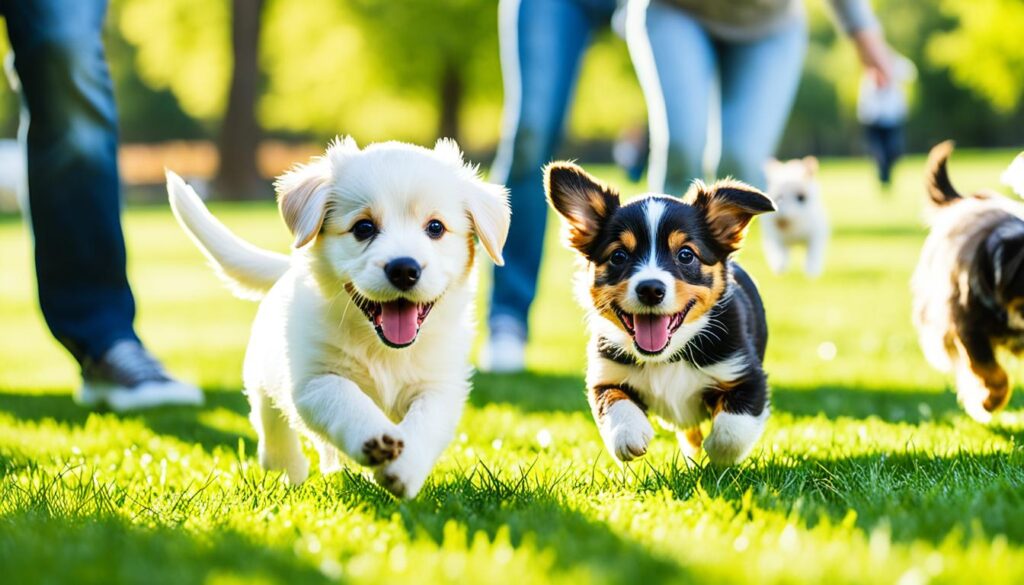
Building a Foundation with Basic Commands
Starting your puppy’s training the right way is crucial. Teaching them simple commands, like “sit,” helps build their self-control. It sets the stage for more complex lessons. Use positive rewards to make learning enjoyable for your puppy.
Teach “Sit”
“Sit” is a key command your puppy should learn. It’s simple but teaches them to focus and control their excitement. Hold a treat close to your puppy’s nose and move it back. They’ll naturally sit. Reward this action with the treat and lots of praise. Practice this often in short sessions to perfect your pup’s “sit.”
Introduce the Leash
Getting your puppy used to a leash is another important step. Let them wear it inside first. This gets them used to the feel without the pressure to walk just yet. When they’re fine with it, start short walks. Use treats and praise for good behaviors. This phase makes walks and outings in the future smoother.
Reward-Based Training Approach
Reward-based training is the best method with puppies. Use treats, like Wellness Soft Puppy Bites, praise, and play instead of punishments. This keeps the training positive for both you and your pet. Avoid harsh scolding, as it can hurt your relationship and hinder training progress.
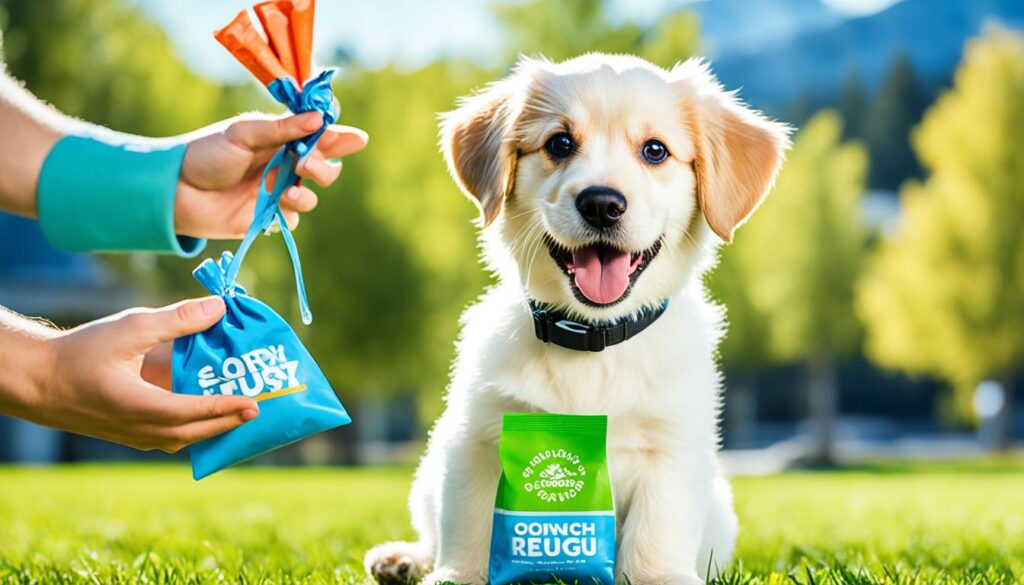
Puppy training basics – Basic tips for training puppies
Proper puppy training is key for a well-behaved friend and a strong connection. It keeps problems at bay later. To get started, set a daily schedule and focus on crate and potty training. Also, teach your puppy basic commands using a reward-based approach. Remember, being patient and using the same method every day works wonders. Your puppy will grow into a polite dog in no time.
Having a steady daily routine is crucial for your puppy. This includes when to eat, go out, have fun, learn, and rest in their crate. The crate training method gives your puppy a private, cozy spot. It also helps a lot with potty training.
The best way to teach is through a reward-based approach. Use things like treats, praise, and extra play when they do well. This method helps them learn quickly and happily. Always remember, don’t scold them. It won’t help and it can hurt your bond.
Making sure your puppy is comfortable in all kinds of situations is vital. Meet new people, pets, and places in a fun way. Doing this early and often boosts their confidence and makes them adaptable.
Training should be fun for you and your pup. Keep lessons short, mix in some play, and cheer when they get it right. With time, doing the same thing, and staying positive, your puppy will turn into the perfect friend.
Progressing Through Puppy Development Stages
As your puppy grows, their needs for training will change. First, it’s key to help them become comfortable with the world around them. Then, they start learning how to behave on a leash and follow basic commands. We’ll show you step by step through these puppy development stages and the puppy training milestones that come with them.
By six months, your puppy should be great at basic training, toilet training, and hanging out with other dogs. About a year old, they should be really good at listening to you, even in busy places. They should also keep their cool around people and other animals.
It’s super important to stick with training as your puppy grows. This helps them grow into a polite, happy adult dog. From 8 to 16 weeks, it’s a great time to start teaching them about the world. Use this time to show them all sorts of places and things. It’s also when you should begin teaching them simple commands like “sit”. This kickstarts healthy habits and self-control skills.
FAQ
What is the importance of establishing a daily schedule for puppy training?
Why is crate training and potty training crucial for new puppy owners?
How important is socialization for puppies?
What is the first step in basic obedience training for puppies?
Why is a reward-based approach important in puppy training?
How do puppy training needs evolve as the dog grows?
Source Links
- https://be.chewy.com/basic-puppy-training/
- https://www.akc.org/expert-advice/training/teach-your-puppy-these-5-basic-commands/
- https://www.dailypaws.com/dogs-puppies/dog-training/basic/how-to-train-a-puppy
- https://www.thepuppyacademy.com/blog/2023/4/7/the-ultimate-guide-to-puppy-training-tips-tricks-and-techniques
- https://www.training-your-dog-and-you.com/puppy-training.html
- https://www.eukanuba.com/au/puppy/puppy-articles/the-complete-puppy-training-schedule-by-age
- https://www.akc.org/expert-advice/training/puppy-training-timeline-teaching-good-behavior-before-its-too-late/

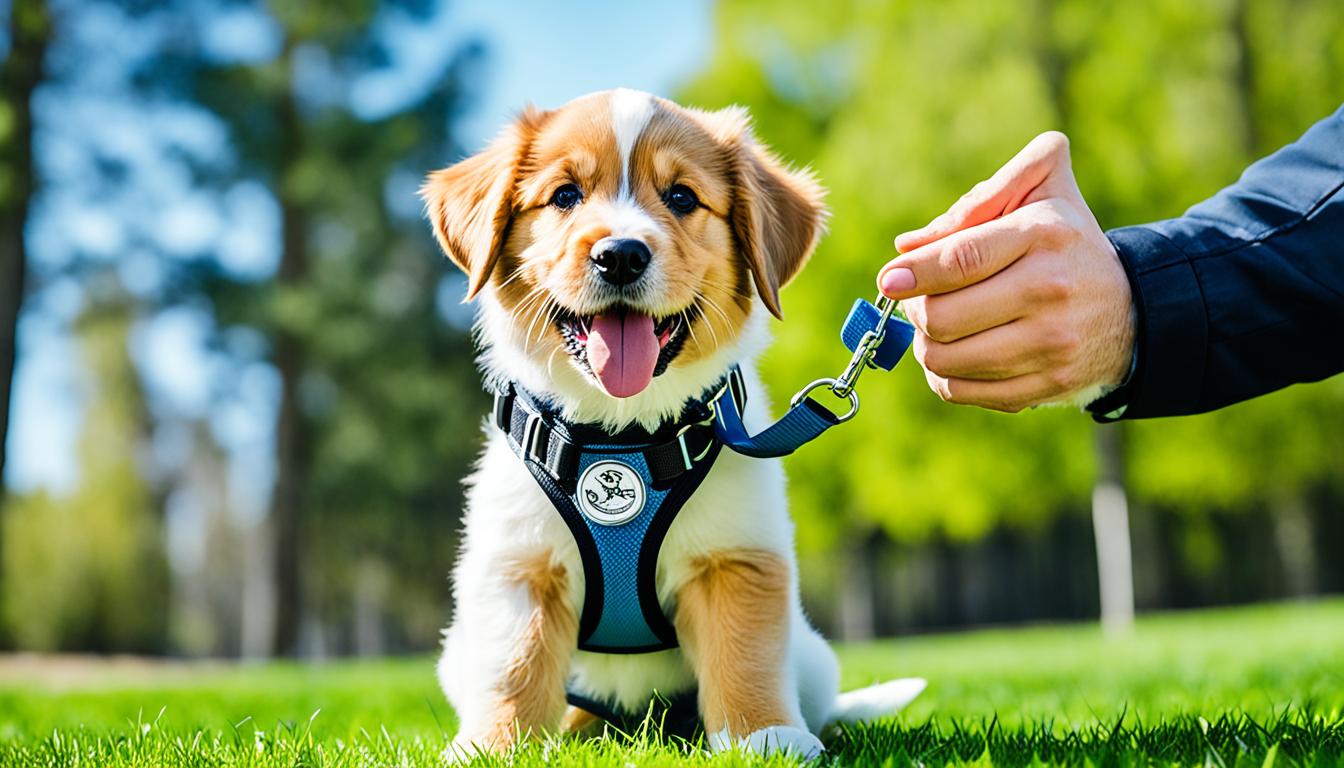

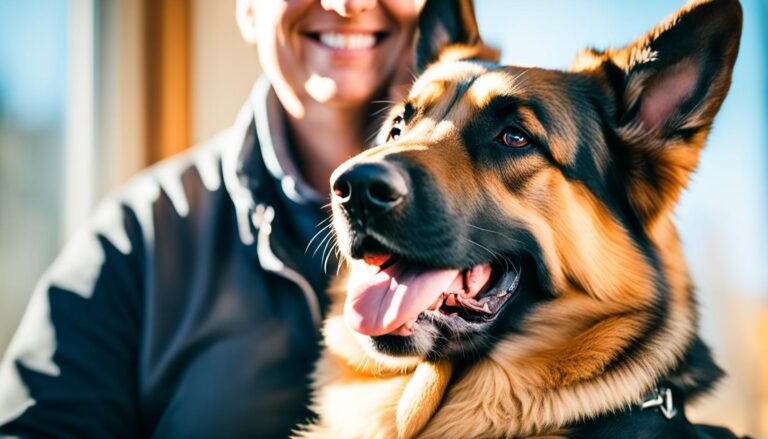
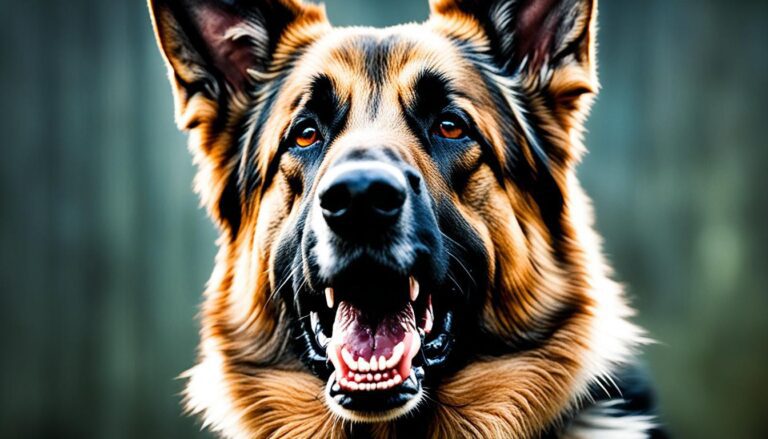
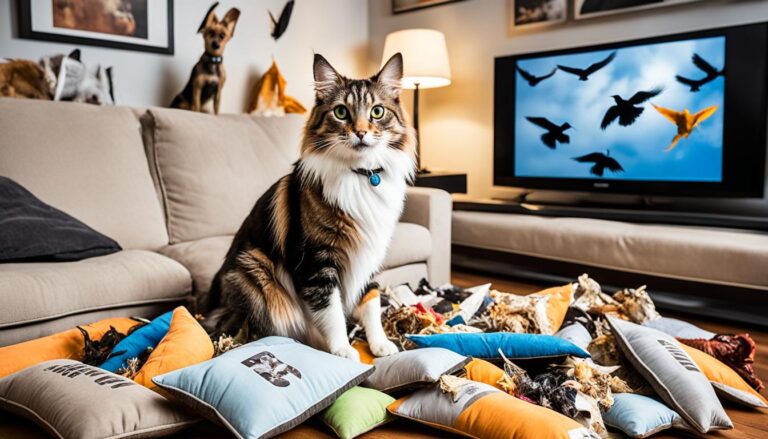

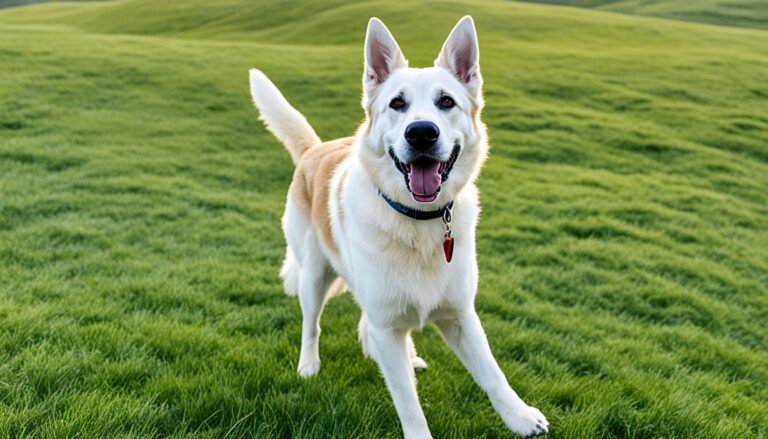
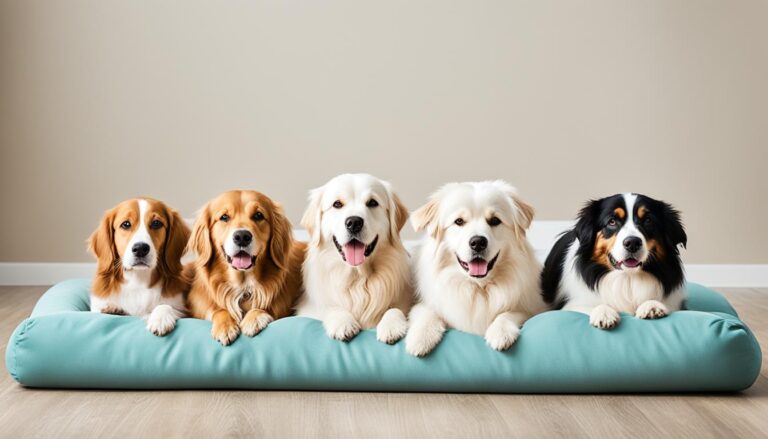
One Comment